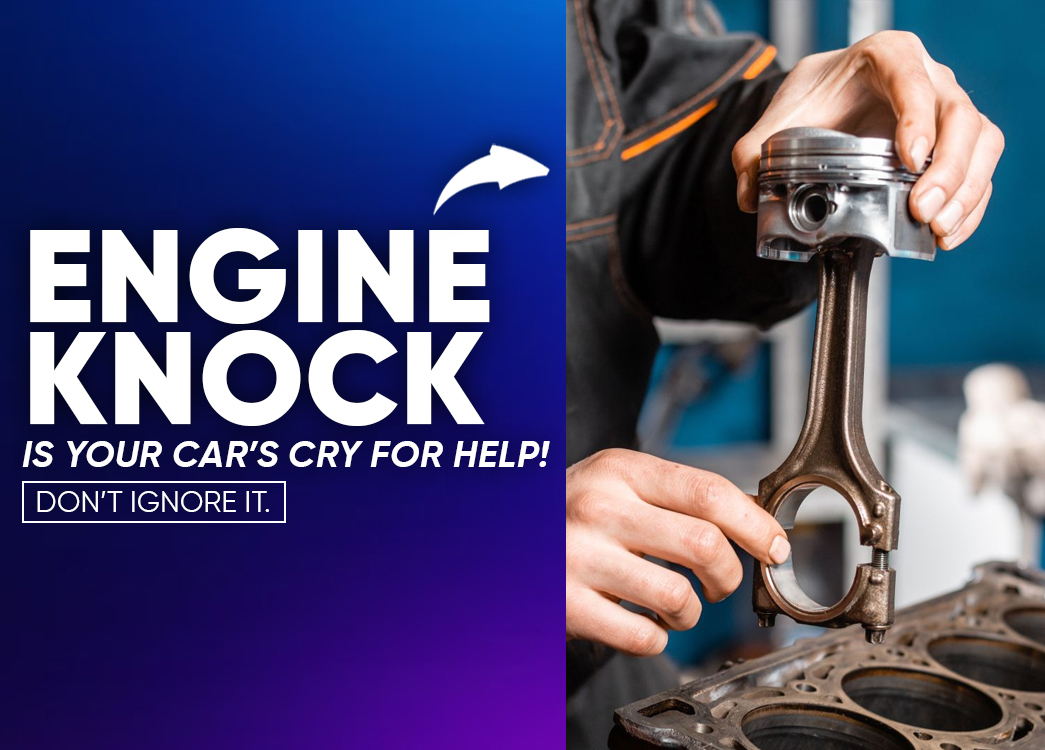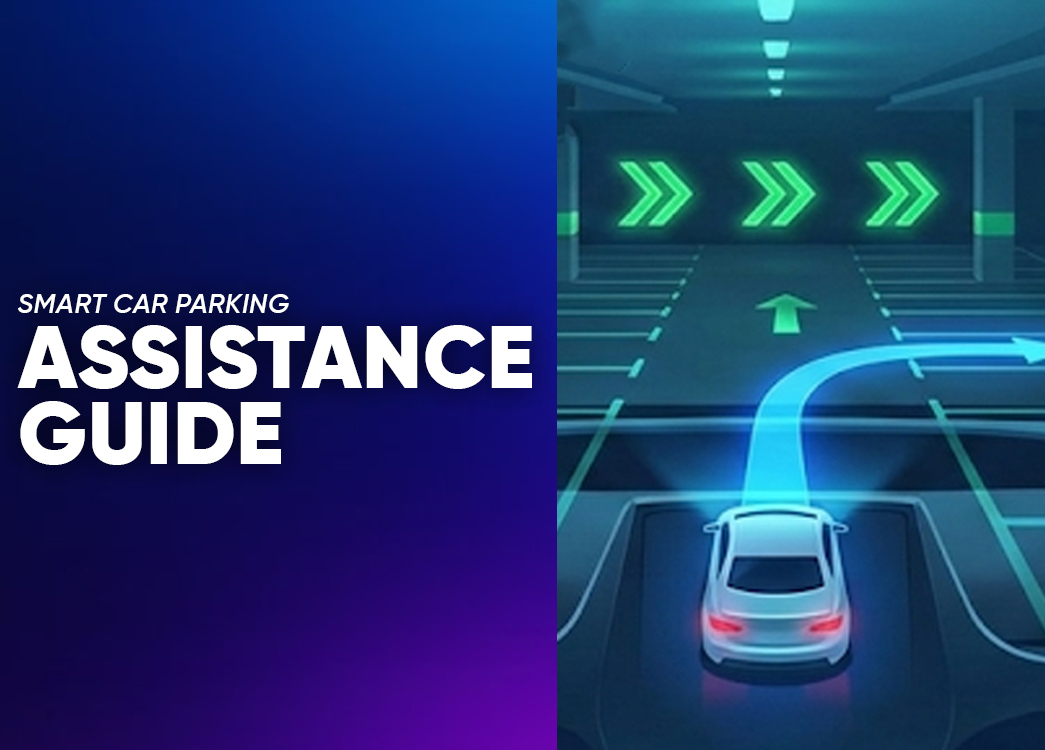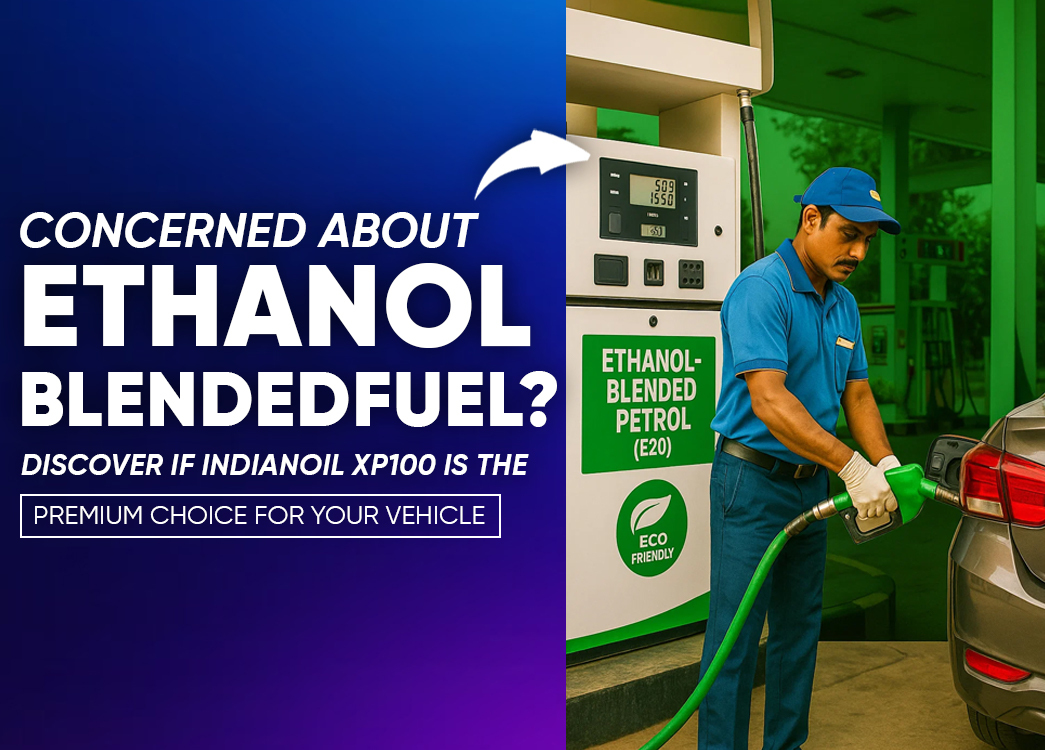
By creckk On 28-07-2025 at 9:18 am
How to Detect and Fix Engine Knocking Before It Wrecks Your Car’s Performance
Introduction
Engine knocking is a metallic noise you may hear while driving, and it’s more than just annoying. It can indicate improper fuel combustion, which harms your engine’s long-term performance. Identifying its cause early helps avoid costly damage and ensures a smoother, more efficient drive.
Understanding Engine Knock
Engine knock happens when the fuel-air mixture in the cylinder combusts unevenly. This creates pressure waves that collide inside the combustion chamber, causing a knocking sound and stressing engine components.
Common Causes of Engine Knock
Low-Quality Fuel
Using the wrong octane level can cause early combustion, disrupting normal engine cycles and resulting in knock.
Unbalanced Air-Fuel Mixture
If the mixture is too lean, combustion can occur too early, triggering abnormal firing and noise.
Worn Spark Plugs
Old or incorrect spark plugs can misfire or ignite fuel at the wrong time, causing knock.
Carbon Build-Up
Deposits from incomplete combustion can raise compression and temperature, both of which contribute to knocking.
Overheating
High engine temperatures lead to unstable combustion conditions, increasing the risk of knock.
Effects of Engine Knocking
Knocking may seem minor at first, but it can wear down engine components like pistons and bearings over time. This can reduce fuel economy, lower engine efficiency, and lead to engine failure if not addressed promptly.
How to Prevent or Fix Engine Knock
Use the Recommended Fuel
Follow your car manufacturer’s fuel guidelines and use high-octane petrol if required to ensure smooth combustion.
Replace Spark Plugs Regularly
Timely replacement of spark plugs helps maintain proper firing and minimizes the chance of knocking.
Clean Out Carbon Deposits
Fuel additives or engine servicing can remove deposits that may trigger knock.
Watch Engine Temperature
Maintain your cooling system and ensure coolant levels are adequate to prevent engine overheating.
Regular Engine Maintenance
Scheduled servicing helps catch early signs of fuel imbalance or part wear, both of which can lead to knocking.
Conclusion
Engine knock should never be ignored. While it starts as a minor sound, it can develop into a major problem that compromises engine performance and lifespan. Early detection and preventive maintenance can ensure your vehicle continues running smoothly and efficiently.
FAQs:
What causes engine knocking in a car?
It is usually caused by uneven combustion in the engine’s cylinders due to bad fuel, worn spark plugs, or carbon deposits.
Is engine knock harmful?
Yes, it can damage vital components like pistons and bearings over time and reduce engine life.
How can I stop my engine from knocking?
Use high-quality fuel, replace spark plugs on time, clean the engine periodically, and ensure it doesn’t overheat.
Can engine knock be fixed without replacing the engine?
Yes, if caught early. Addressing fuel quality, ignition timing, and carbon buildup can resolve the issue.
Do fuel additives help reduce knocking?
Some fuel system cleaners and additives can help remove carbon and stabilize combustion, reducing knock risk.
Related posts









